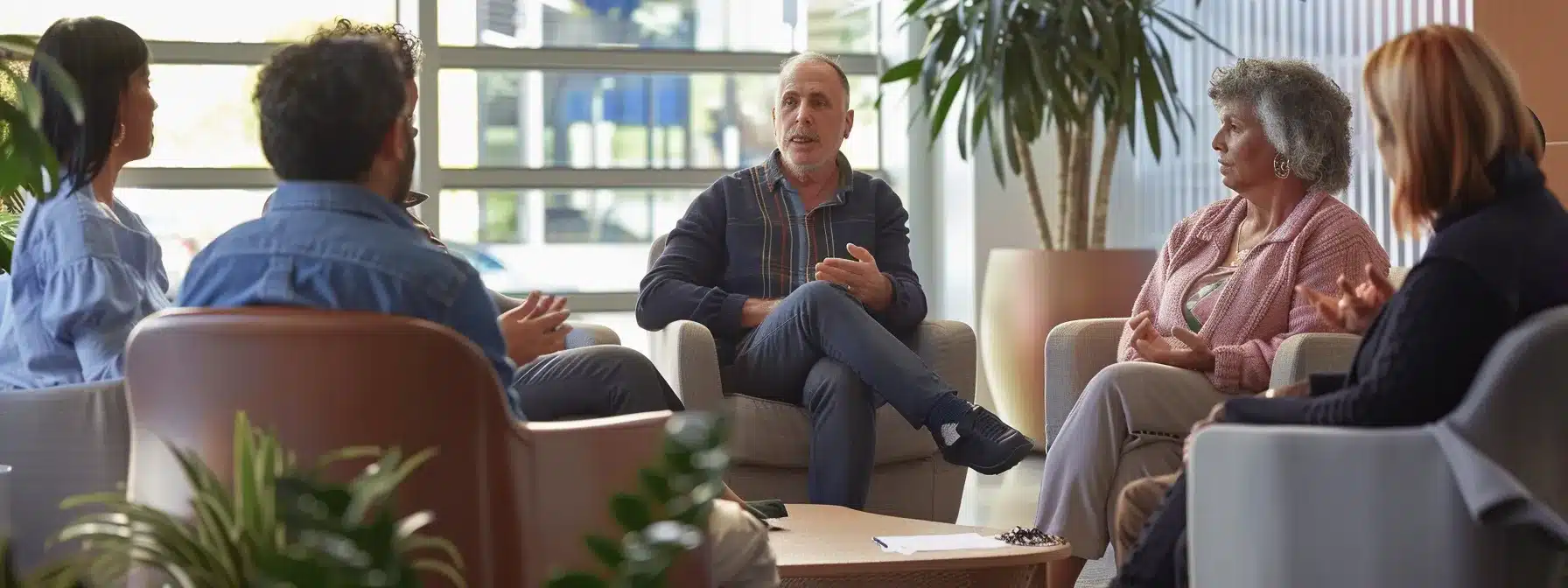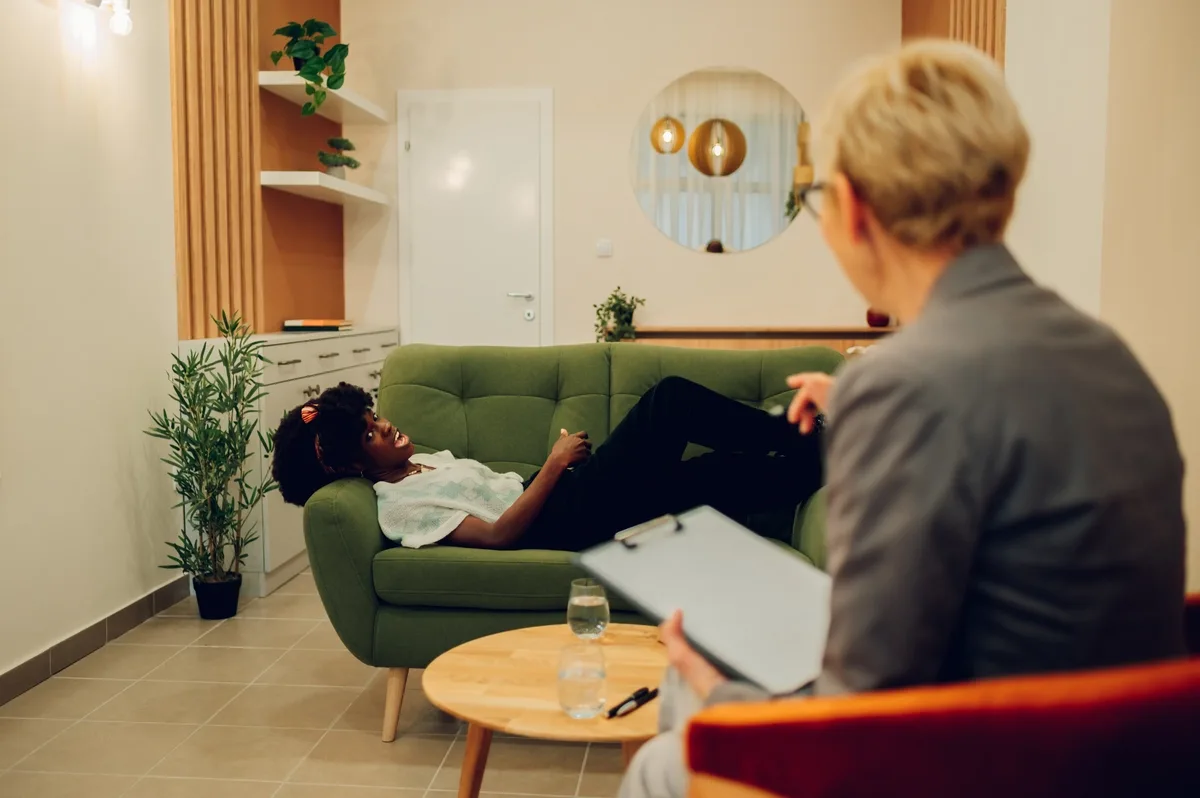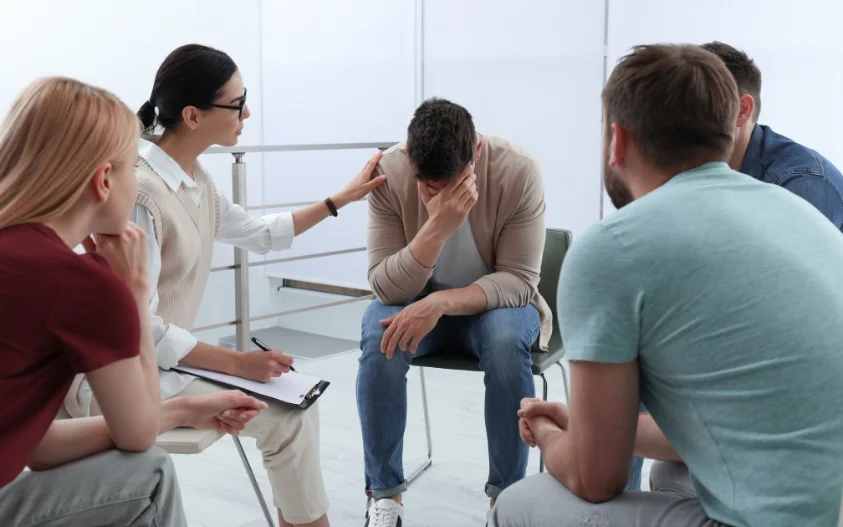24/7 Helpline:
(866) 899-111424/7 Helpline:
(866) 899-1114
Learn more about Couples Rehab centers in Morgan County

Other Insurance Options

Amerigroup

BHS | Behavioral Health Systems

PHCS Network

Health Partners

Sutter

Private insurance

WellPoint

Highmark

Cigna

Holman Group

Kaiser Permanente

Absolute Total Care

Molina Healthcare

BlueCross

GEHA
Beacon

MHNNet Behavioral Health

Health Net

State Farm

Evernorth

Eastridge Health Systems
Eastridge Health Systems is a private rehab located in Berkeley Springs, West Virginia. Eastridge He...













